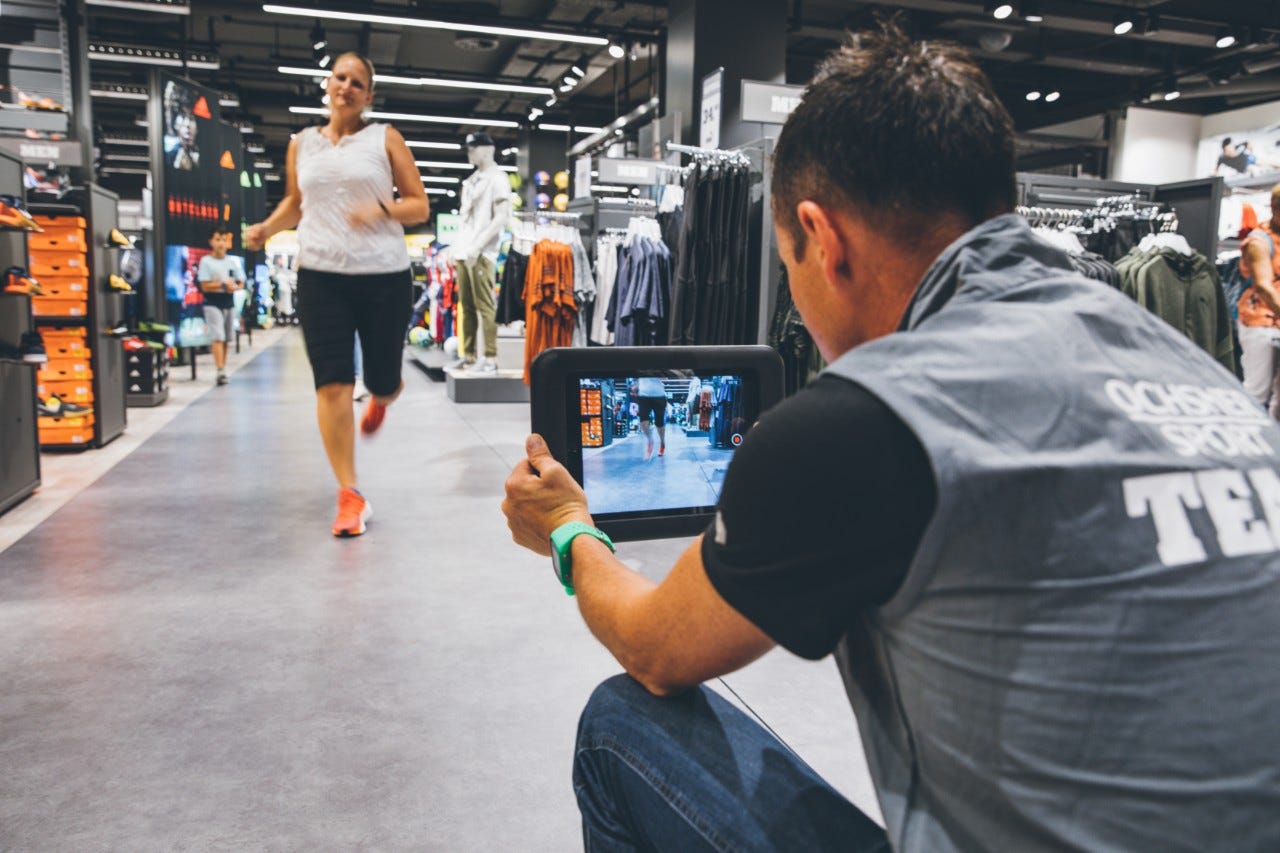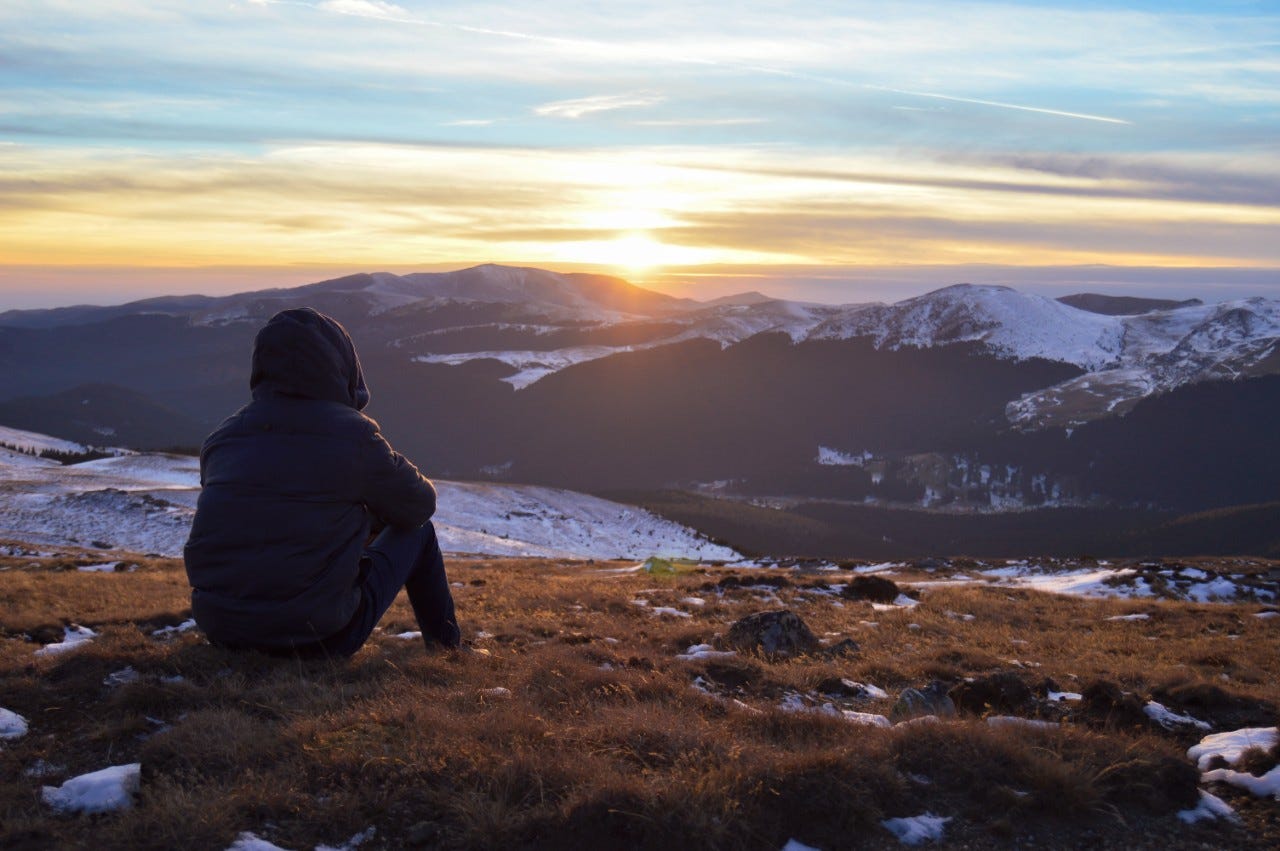Planning a mountain bike tour: tips & technique
Information on preparation, technique and tyre pressure: Bike expert Nathalie Schneitter gives tips for mountain biking.

Tips before the start
In order to enjoy mountain bike tours, there are a few things you have to think about before you set off. The better you prepare, the more fun you’ll have on the trail.
Building strength: upper body training
Precise control needs strength. Muscle training for trunk, back and arms not only helps your cycling technique, but also prevents injuries. Doing just a few strengthening exercises twice a week can work wonders. Exercises for mountain bike training at home: 3 planks for 30 seconds each, 3×10 push-ups, 3×10 side planks.
Mountain bike tour: preparation is key
Match the distance, altitude difference and technical difficulty of the mountain bike tours to your own abilities. Good sources of information are the website and app of Switzerland Mobility and the Swiss Singletrail maps. Experienced map readers will enjoy the Trailforks and Komoot apps, which include bike tours outside Switzerland.
Tire pressure: let out air
Most mountain bikers ride with too much air in their tyres. Less air often means more traction, which makes you feel much safer off-road. The ideal tyre pressure for mountain bikes depends on the weight of the rider: The heavier the person, the more air the tires need. An air pressure of between 1.6 and 1.8 bar is ideal for most bikers.
Warming-up: relax
Warming up before mountain bike training helps prevent injuries and makes sure you stay loose while riding. Start off by circling your head, wrists, arms and hips. Squats, jumping jacks and stabilisation exercises such as planks are good to do before riding.
Helmet: be smart and stay safe
Helmets only provide proper protection if they’re in good condition. After a fall it’s essential to check that your helmet isn’t damaged in any way. This also applies, of course, if you accidentally drop the helmet. If there’s any doubt, it’s better to get a new one!
Road safety
Strength and moderate endurance are prerequisites for mountain bike tours. But you also need the right technique. Tips for bike training:
Fear of single trails: be brave
Roots and stones frighten many beginners. Be brave and tackle any obstacles carefully. If in doubt, also inspect a passage on foot. A good way to encourage confidence in your own skills and material is to ride technical passages on single trails several times and increase your speed gradually.
Mountain biking technique: the right posture
The perfect position on a bike is to press your heels down and shift your weight back. Only bend your knees and elbows enough so that they can be used as suspension. Your arms must remain loose, your body weight must not rest on the handlebars. An adjustable seat post can really help make you feel safer on your bike and can be retrofitted to older models. Practice makes perfect: Good mountain biking technique comes with experience.
“An adjustable seat post can really help make you feel safer on your bike and can be retrofitted to older models.”
Calculate the braking distance: gently and in moderation
When braking, only your index finger needs to be on the brake. Your other fingers hold the handlebars. To make sure you don’t fall over the handlebars, use the front brake sparingly. Ideally, braking takes place before corners so you can concentrate on steering around the bends. A good braking technique is invaluable.
A bike backpack can save the day
Some tools are essential, such as a spare inner tube and a small pump. If you can’t change a flat tire yourself, you’re sure to meet helpers on the way. Tape and cable ties are also important. These can be used to fix almost any problem so you can roll into the nearest village. A bike tool is also recommended to tighten loose screws, and it’s good to have a small first-aid kit just in case.





